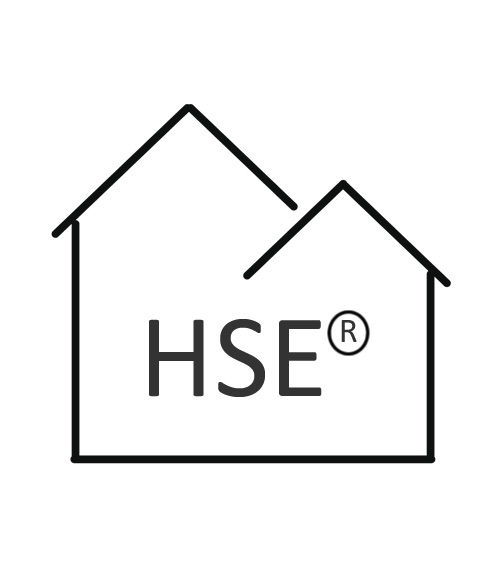The Cost of Rising Interest Rates

Interest rates are rising faster than the price of eggs at the grocery store, and For Sale signs are hatching all around town. If this housing market has you scrambling for answers, you aren’t alone. Is now the right time to buy a home? What if I need to sell? Is my house going to hold its value?
None of us have a crystal ball, but studying data and historical trends can tell us quite a bit about what’s going on and help your proactive REALTOR@ advise you on your housing decisions.
RISING INTEREST RATES
Economic uncertainty, rising prices and the volatility of the financial markets are causing mortgage rates to rise as the Federal Reserve takes action to fight inflation Of note: The Fed doesn’t actually set mortgage rates. Instead, it determines the federal funds rate, which generally impacts short-term and variable (adjustable) interest rates. This is the rate at which banks and other financial institutions lend money to one another overnight to meet mandated reserve levels. Key players in the mortgage industry keep a close eye on the Fed, according to Bankrate.com, and the mortgage market’s attempt to interpret the Fed’s actions affects how much you pay for your home loan.
The rate increase has begun to slow our hot housing market as monthly mortgage payments rise dramatically. This is leaving some people who want to purchase a home priced out of the market and others wondering if now is the right time to buy. Unfortunately, this rise in borrowing cost shows no signs of letting up this year. Most recently, the average 30-year fixed mortgage rate according to Freddie Mac ticked above 6 percent for the first time in more than a decade.
Don’t despair!
While there’s no way to say with certainty where mortgage rates will go from here, there are ways to bring your rate down, at least in the short term, and allow you to refinance when mortgage rates stabilize. Your REALTOR® can connect you with trusted lenders who are offering products including 2-1 Buydowns, ARM products and “lock and shop” loan offerings (see sidebar). Some area homebuilders are contributing money to their client’s loan costs so that they can offer competitive rates to new home buyers.
And if you’re considering renting as your alternative while you wait it out, remember that’s going to get more expensive, too. As Nadia Evangelou, Senior Economist and Director of Forecasting at the National Association of REALTORS® (NAR) said, “There is no doubt that these higher rates hurt housing affordability. Nevertheless, apart from borrowing costs, rents additionally rose at their highest pace in nearly four decades.”
Basically, it is true that it costs more to buy a home today than it did last year, but the same is true for renting. This means, either way, you’re going to be paying more. The difference is, with homeownership, you’re also gaining equity over time.
HOME PRICES HOLDING
As both interest rates and home prices rose, affordability was affected and priced some buyers out of the market. That has slowed home sales and for several months our inventory of homes grew robustly but has leveled off now at less than three months of inventory, which is still short of what is considered a balanced market. However, there is still an undersupply of homes in the market nationwide.
If you’re waiting for prices to crash, you are probably out of luck. Most experts are calling for home prices to appreciate next year, although at a slower pace than the previous three years. The reason for this is simple. The dynamics of supply and demand are playing out in real estate and will continue for many years to come.
Also, millennials are moving through their peak home buying years. Since they’re the largest demographic behind the baby boomers, demand isn’t going away any time soon.
Let’s Connect!
Your trusted realtor is keeping their pulse on what’s happening today. We can help you understand what the experts are projecting and provide resources to combat rising rates.










